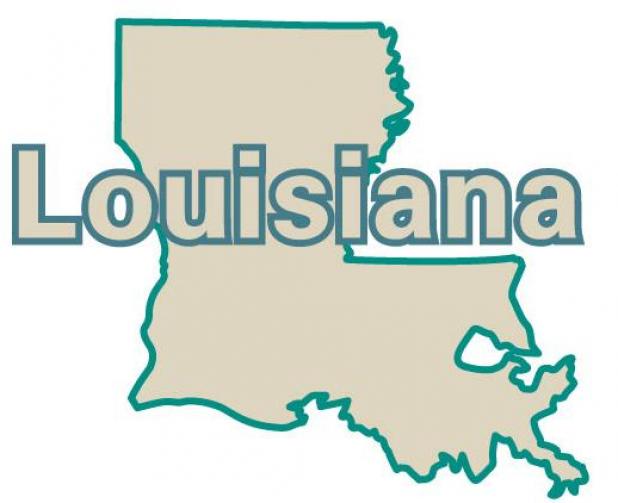
Louisiana Spotlight: State leaders divided on industrial tax break
BATON ROUGE — More than two years have passed since Gov. John Bel Edwards rewrote the rules governing a decades-old industrial tax break, and business community furor seems to have reached a fever pitch just in time for election season.
The confrontation could become a major influencer in the governor’s race, in a state heavily tied to the chemical plants that benefit from the property tax break program.
A school board’s blocking of two tax exemptions sought by ExxonMobil in Baton Rouge, worth about $6 million over a decade, has triggered loud, angry criticism of the Democratic governor’s actions, claims of an “anti-business” sentiment and hand-wringing over Louisiana’s business climate.
One Republican running against Edwards in the October election — businessman Eddie Rispone, whose company services manufacturing facilities that benefit from the tax breaks — has made denunciation of the changes a main talking point. GOP lawmakers say they intend to file long-shot legislation aimed at undoing Edwards’ actions.
At issue is the 80-year-old Industrial Tax Exemption Program, known as ITEP, a lucrative program that gives approved manufacturing facilities an exemption from paying local property taxes for up to 10 years.
Together Louisiana, a group of faith-based and community leaders, urged loudly and publicly for more scrutiny of applications, describing the state-level approval process as a corporate giveaway. In June 2016, Edwards issued an executive order tying the tax breaks to job creation and retention and giving local government a say in whether exemptions are issued.
“Local authorities ought to have a seat at the table ... because every single dollar of revenue that’s at issue in the exemption is a dollar that would otherwise flow to the local governing authority,” he said.
Edwards tweaked the rules several times. Under the latest version, new applicants can receive up to an 80 percent exemption from property taxes for two five-year terms. Local parish councils, police juries, sheriffs, and school boards decide if they want to vote on the tax breaks.
The Edwards administration said 39 other states have similar property tax exemption programs requiring local resolutions of support.
At their start, the changes prompted objections from business groups, who described the regulations as confusing, complicated and damaging to economic development in a state with an already difficult-to-navigate business tax structure.
But tax breaks continue to be approved. In December, a company planning a $15.9 billion liquefied natural gas export terminal in Calcasieu Parish won an exemption that could eventually be worth more than $2 billion over 10 years.
Still, so many applications were in the pipeline under the old rules, there was a lag in learning the true implications of the regulatory rewrite and the control local elected officials can wield. It’s becoming much clearer — and the spurning of Exxon’s tax break by the East Baton Rouge Parish School Board triggered outrage.
Louisiana Mid-Continent Oil and Gas Association President Tyler Gray described an “anti-business culture.” The Baton Rouge Area Chamber said “misinformation and misdirection” has improperly affected decision-making and “put our economic future at risk.”
In a 5-4 vote last month, the school board rejected two Exxon tax break requests for capital projects done at existing facilities.
Exxon’s local leaders replied that will cause the company to reassess Louisiana projects and could prompt it to scale back “investments that grow jobs.”
Opponents argued there was no need to give tax breaks for projects completed in 2017, and they said Exxon cut jobs in the parish over the last two decades even while raking in benefits from hundreds of millions of dollars in property tax breaks.
Exxon, which says it is the state’s largest taxpayer, countered that the projects represented $67 million in investments, created 18 new jobs and helped retain 244 other positions.
Republicans Sen. Mack “Bodi” White and Rep. Franklin Foil said they’ll file legislation seeking to remove local decision-making from the industrial tax exemption program.
But Edwards isn’t interested in changing the rules, saying Louisiana remains competitive in business development.
Local authorities “having a role to play, I think is appropriate,” the governor said, “especially when you think about these are some of the most generous exemptions in the country.”
Melinda Deslatte has covered Louisiana politics for The Associated Press since 2000. Follow her at http://twitter.com/melindadeslatte
